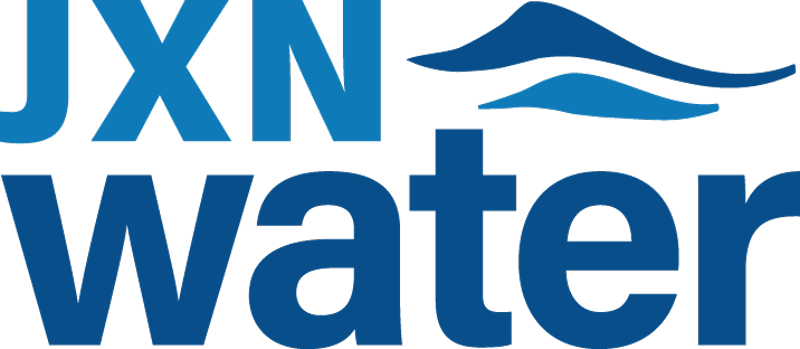JACKSON, Miss. – The US Department of Justice (US DOJ) and the Mississippi Attorney General filed notices of appeal from the order issued by US Federal District Judge Henry T. Wingate’s on April 16, 2024, directing the United States and the State of Mississippi to confidentially disclose Supplemental Nutritional Assistance Program (SNAP) information to the Interim Third-Party Manager (ITPM).
The SNAP data is needed by the ITPM to identify customers that are eligible to be included in the new SNAP Customer Classification implemented with the new rate structure effective on February 1, 2024. The rate for customers in the SNAP Customer Classification includes a reduced availability fee, ensuring water and sewer bills can be paid by all. It will also allow the ITPM to avoid spending significant amounts of ratepayer money seeking to collect bills which these customers are simply unable to pay.
Judge Wingate’s order found the rate structure associated with the ITPM’s SNAP Customer Classification satisfied the criteria under federal statute for the confidential release of the SNAP recipients’ names and addresses so that they could be categorically placed in the SNAP Customer Classification without the need for extensive administrative efforts on the part of the ITPM and without requiring customers endure an additional burdensome application process to be appropriately included in the SNAP Customer Classification.
For reasons we simply don’t understand, the US Department of Justice disagrees that the ITPM’s rate schedule constitutes a federal assistance program under the SNAP statute and, accordingly, object to the State of Mississippi giving the ITPM the list (to be used in strict confidence).
The US Department of Justice has doubled down by threatening to withdraw SNAP benefits for the entire state if the State complies with Judge Wingate’s order. That threat has forced the Mississippi Attorney General to also appeal Judge Wingate’s order. The ITPM is an officer of Judge Wingate’s court, and his January 2024 rate schedule (including the SNAP Customer Classification rate schedule) easily qualifies as a federal assistance program. There is no good reason that DOJ can’t acquiesce and allow the State to share the list with the ITPM.
“While we would have preferred that Mississippi’s Attorney General not appeal Judge Wingate’s order, we recognize that the US DOJ has put them between a rock and a hard place given their threat to punish all SNAP recipients in Mississippi if the State gives the ITPM the Jackson area SNAP list,” said ITPM Ted Henifin.
These actions by the US Department of Justice will delay or potentially eliminate the ability to provide water rate relief to the estimated 15,000 households served by JXN Water which currently receive SNAP benefits. Under the ITPM’s rate structure, SNAP recipients would save $30 per month and save the ITPM untold collection costs.
The DOJ’s misguided opposition to the confidential use of SNAP recipient’s names and addresses to provide significant water rate assistance is inexplicable and disheartening given the economic challenges the beneficiaries face (Mississippi has the lowest per capita income in the nation and this rate relief is for residents of the City of Jackson, a community with a minority population of over 80 percent).
DOJ’s ill-advised and unnecessary opposition is particularly troubling given the water-related suffering these residents have endured for years.
